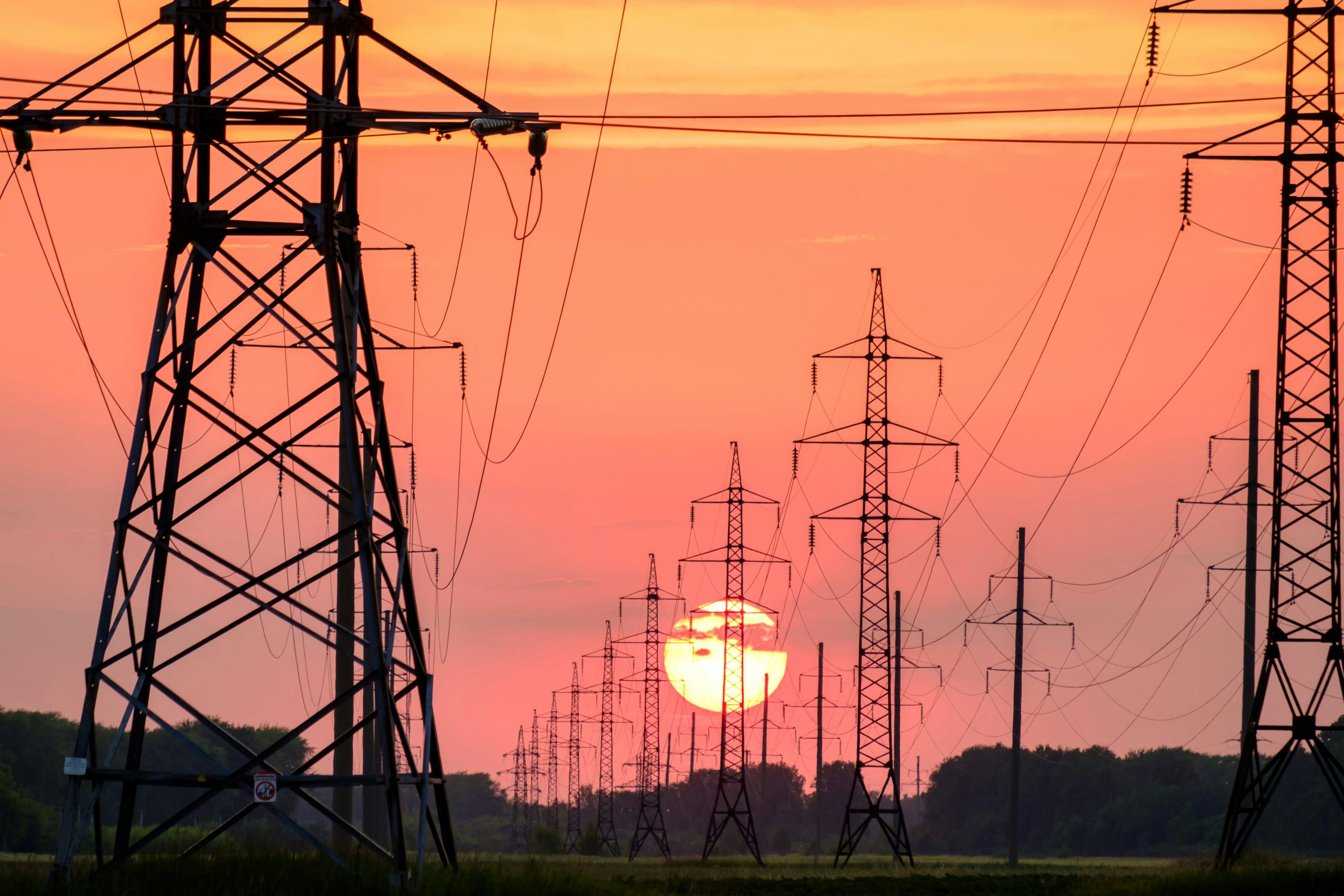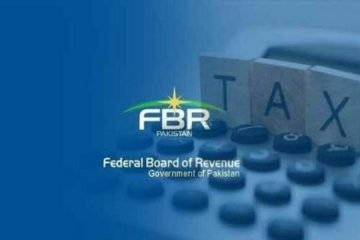Understanding the intricacies of utility taxes can often feel like navigating a complex maze. However, being informed about the tax structures for electricity, telephone, and internet connections in Pakistan is crucial for effective budgeting, whether for your household or your business. This comprehensive guide aims to simplify these taxes, particularly highlighting the advantages of being an active taxpayer and providing insights into potential cost savings for the fiscal year 2024-25.
Tax Rates on Electricity Consumption:
The tax rate applicable to your electricity bill in Pakistan varies depending on whether you are a commercial, industrial, or domestic consumer, and in the case of domestic consumers, whether you are an active taxpayer.
Commercial & Industrial Consumers
No tax is levied on bills with a gross amount up to Rs. 500. However,
- A 10% tax applies to the amount exceeding Rs. 500 but not exceeding Rs. 20,000.
- For bills exceeding Rs. 20,000, the tax is calculated as follows:
- Commercial Consumers: Rs. 1950 plus 12% of the amount exceeding Rs. 20,000.
- Industrial Consumers: Rs. 1950 plus 5% of the amount exceeding Rs. 20,000.
Domestic Consumers
Active Tax Filers (on ATL) are generally exempt from advance tax deduction.
- Non-Filers (not on ATL): A flat 7.5% withholding tax applies to the entire monthly bill if the gross amount exceeds Rs. 25,000. Domestic consumers will only pay this tax if they are non-filers. By becoming an active taxpayer and updating their status with the electricity provider, domestic consumers can avoid this tax.
Advantage of Being an Active Taxpayer:
For domestic consumers in Pakistan, being an active taxpayer, registered on the Federal Board of Revenue’s (FBR) Active Taxpayers’ List (ATL), can translate into tangible benefits on your electricity bill. Here’s how:
- Advance Tax Exemption: Active tax filers are exempt from the deduction of advance tax on their domestic electricity bills. This means you won’t see an upfront tax amount being deducted from your monthly bill.
- Non-Filers Face a Higher Burden: Conversely, domestic consumers who are not registered on the ATL (non-filers) are subject to advance tax on their electricity bills.
- Minimum Tax Implications for Non-Filers: For non-filers, the advance tax collected on electricity bills, up to a total of Rs. 360,000 per year (or Rs. 30,000 per month), is considered minimum tax. This implies that even if their actual tax liability at the end of the fiscal year is lower, this amount might not be refundable.
- Limited Tax Adjustment for Non-Filers: Advance tax collected from non-filers exceeding Rs. 30,000 per month on their electricity bills might not be fully adjustable against their final income tax liability, depending on their overall income.
- Adjustability for Filers: Active tax filers can typically adjust the advance tax deducted from their electricity bills against their final income tax liability at the end of the tax year.
Further Tax and Extra Tax in Electricity Bills:
For business owners, particularly those renting premises, understanding and addressing Further Tax and Extra Tax on electricity bills can lead to significant cost savings and improved profitability.
Why Further Tax and Extra Tax are Charged?
- Further Tax (4%): This is levied when a registered supplier (like the electricity provider) sells to an unregistered buyer (potentially your landlord, if the meter is in their name and they aren’t sales tax registered). It’s essentially a penalty to encourage tax registration compliance.
- Extra Tax (3% to 5%): This applies in specific situations, often related to commercial electricity usage by unregistered businesses. The exact percentage can vary.
Financial Impact: For businesses with substantial electricity consumption, these additional taxes can accumulate to a significant amount annually. For instance, on a monthly bill of PKR 1,000,000, Further Tax (at 4%) would be PKR 40,000, and Extra Tax (at 5%) would be PKR 50,000, resulting in an extra annual burden of over PKR 1,000,000.
Steps to ReduceExtra Tax in Electricity Bills
Ensure your business is registered for Sales Tax and that you are compliant with all return filings. After verifying your Sales Tax Registration;
- Review Your Rental Agreement and Bills: Check if the electricity meter is registered in your landlord’s name and if they are not registered for Sales Tax.
- Apply to the FBR: Draft a formal application to your relevant Regional Tax Office (RTO) requesting exclusion from Further Tax and Extra Tax. This application should include:
- Your business’s National Tax Number (NTN) and Sales Tax Registration Number.
- Proof of your compliance with all tax filings.
- Details of your rental agreement, including the property owner’s information.
- Copies of recent electricity bills showing the charges for Further Tax and Extra Tax.
- Submit Your Application: Visit your RTO and submit the application along with all supporting documents. Request verification of your case.
Expected Outcome: Upon successful verification, the FBR will issue a letter to your electricity supplier (e.g., LESCO, K-Electric) confirming your business’s Sales Tax registration and the rental nature of the property. This letter will instruct the supplier to remove the charges for Further Tax and Extra Tax from your future bills.
Understanding Advance Tax on Electricity Bills
As mentioned earlier, active taxpayers are generally exempt from advance tax. However, there are specific scenarios and conditions related to advance tax on electricity bills:
- Exemption Certificate: A taxpayer can obtain a certificate from the Commissioner of Income Tax to avoid advance tax. This certificate can confirm either that the taxpayer’s income in the previous tax year was exempt from tax or that they have already discharged their advance tax liability for the previous year under Section 147 of the Income Tax Ordinance.
- Final or Minimum Tax Regime: Taxpayers who fall under the final or minimum tax regime, as defined by the Income Tax Ordinance, are also exempt from advance tax.
Final Tax vs. Adjustable Tax in Electricity Bills
It’s important to differentiate between minimum tax and adjustable tax in the context of electricity bills:
- Minimum Tax for Individuals: For individual taxpayers (non-companies), the tax collected on electricity bills up to Rs. 360,000 annually (or Rs. 30,000 monthly) is considered minimum tax and is generally not refundable.
- Adjustable Tax for Individuals: For individuals, any tax collected on monthly electricity bills exceeding Rs. 30,000 can be adjusted against their final income tax liability at the end of the fiscal year.
- Full Adjustability for Companies: Companies have the advantage of fully adjusting the tax collected on their electricity bills against their overall tax liability.
Taxes on Telephone and Internet Connections:
Beyond electricity, utility taxes also extend to telephone and internet services in Pakistan:
- Landline Phone Bills: If your monthly landline phone bill (excluding mobile phone subscribers) exceeds Rs. 1,000, a tax of 10% is levied on the amount exceeding Rs. 1,000.
- Prepaid Recharge Options: A flat tax of 15% is applicable to:
- Monthly bills exceeding Rs. 1,000 for landline phones.
- The sale price of internet prepaid cards or recharge units.
- The sale of mobile phone prepaid cards or recharge units.
- Higher Tax for Non-Filers (ITGO 01): Be aware that if your name appears in ITGO 01 (likely referring to a specific list of non-filers), a significantly higher tax rate of 75% might apply.
What is an Internet Tax?
The internet has become an essential part of business in Pakistan. Businesses use the internet to communicate with customers, suppliers, and employees, to conduct research, and to market their products and services. However, businesses in Pakistan are also subject to a number of taxes on their internet usage. An internet tax is a tax that is levied on the use of the internet. Internet taxes can be imposed on a variety of things, including:
- Internet access
- Internet usage
- Internet content
Internet taxes in Pakistan apply to a wide range of businesses, including:
- Businesses that provide internet access
- Businesses that use the internet for business purposes
- Businesses that sell or distribute internet content
Internet taxes in Pakistan are calculated in a variety of ways. Some internet taxes are calculated as a percentage of the cost of internet access, while others are calculated as a flat fee. There are a number of deductions and exemptions that are available for internet taxes in Pakistan. Some of the most common deductions and exemptions include:
- Deductions for research and development expenses
- Deductions for training expenses
- Exemptions for non-profit organizations
- Exemptions for government agencies
Key Takeaways
- Being an active tax filer in Pakistan offers significant advantages, particularly an exemption from advance tax deduction on domestic electricity bills.
- Non-filers face a higher tax burden on their electricity bills and may have limited options for tax adjustment.
- Electricity tax rates vary based on your consumer category (commercial, industrial, domestic) and consumption levels.
- Businesses, especially those renting, can achieve substantial savings by understanding and taking steps to eliminate Further Tax and Extra Tax on their electricity bills.
- Advance tax on electricity bills has specific rules regarding exemption and adjustability for individuals and companies.
- Telephone and internet services are also subject to specific tax rates, with prepaid options generally facing a flat 15% tax.





I am the Income Tax Filler and electric connection is in my name, how can claim examption in Income Tax on electricity bill?
Update your filer status with Electricity provider
how can i apply for tax exemption certificate on my electricity bill
Dear Sir,
how can i get benifit in my lesco bill, being a regular tax return filer. please facilitate.
I am a filer and pay WHT on bills. But the connections are registered on government’s name as I live in government allotted accommodation. Can I claim refund?
Yes
I m filler but i.tax deduction in My electricity bill every month pl what can I do
If the electricity bill is in your name, you have to visit the facilitation centre of your electrical supplier to have the link established between your bill and the NTN. It is quite easy.
Hi, I’m an active filer n have a post paid mobile account from Ufone. Noticed that they have been charging advance income tax and sales tax on monthly basis. Shouldn’t they check before charging whether tp is filer or not. Why should we be made to do their work? Anyway, how do I correct the billing to stop paying advance income tax
You can adjust that tax via employer (if you are salaried person) or adjust at time of filing of return.
https://blog.taxationpk.com/how-to-adjust-advance-tax-paid-for-salaried-individuals/